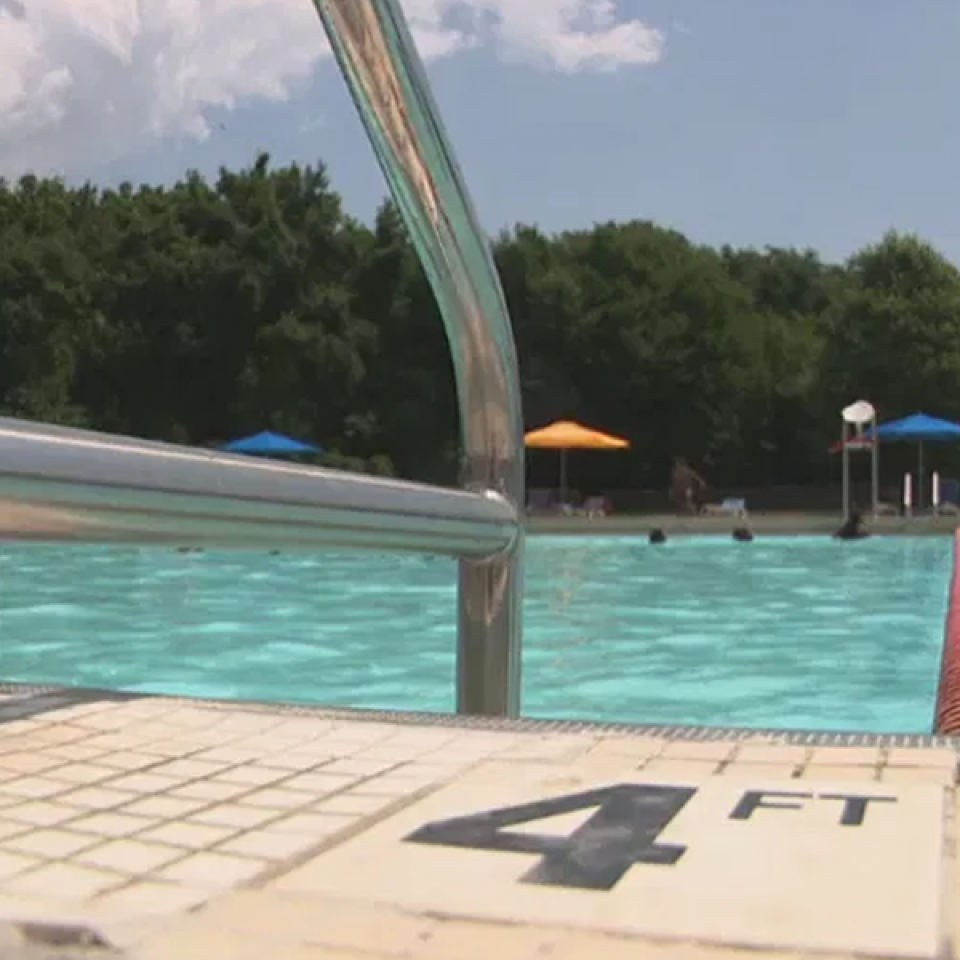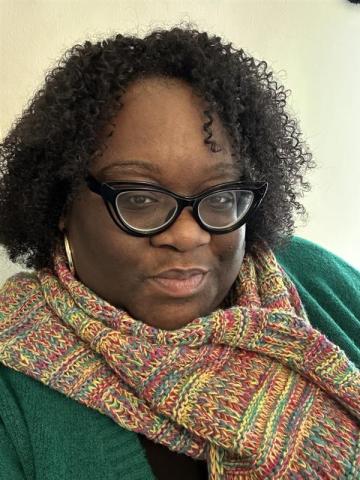
Stay safe this summer
This summer we've already seen how hard it is for those experiencing homelessness when it's not safe to be outside. The poor air quality in Baltimore brought on by Canadian wildfires highlighted how few options many people are left with when public health messaging tells us to "stay indoors," either due to environmental factors or extreme heat.
In the summer months, people experiencing homelessness are especially at risk of dehydration, heat exhaustion, and worsening of existing health problems. While systemic change and permament housing is the only real longterm answer, there are some things you can do to stay safe and help your neighbors do the same.
KNOW WHAT TO DO IN A CODE RED
Do you know what to do when officials issue a Code Red for extreme heat?
- Stay inside when possible and drink plenty of water
- Know the signs of heat stroke: confusion, hot and flushed skin, and no longer sweating while feeling hot
- Call 311 or sign up for Baltimore City emergency alerts
- Know where your closest cooling centers are—check out this interactive map!
LOOK OUT FOR YOUR NEIGHBORS
- Keep water, electrolyte drinks, and snacks on hand to offer to those with no shelter from the heat
- Check on older, sick, or frail neighbors who may need help during extreme heat
- If you have A/C and know of friends or neighbors that don’t, consider inviting them inside for a cool-down chat
BEAT THE HEAT
- Wet a washcloth for the back of your neck, or run cold water over pulse points on your wrists to quickly cool down
- Baltimore City’s public pools can offer relief from summer rays. Click here for a list of hours and locations
Beyond meeting immediate safety needs in extreme heat, you can read up on the ways environmental racism and inequality contribute to urban heat crises. Check out our Community of Practice on Homelessness conversation about race and the built environment.
More Recent News
We are thrilled to welcome Nikia Woodard, our new Director of Human Resources! With more than two decades of experience in the HR field, Nikia previously held leadership roles with the Maryland Transit Administration, Unified Women’s Healthcare and a behavioral health residential treatment facility for youth in Baltimore. Most recently, she served as Director of Employee Experience & Organizational Development at Loyola University Maryland, implementing university-wide professional development programs and encouraging a culture of continuous learning. Read on to learn more about Nikia (and her favorite snack)…
After a year of serving as Practice Manager of West Baltimore, Alkema Jackson is moving into the new role of Director of Practice Operations, Community Sites! She joined Health Care for the Homeless in 2022 as the Client Access Project Coordinator, collaborating across departments to help more people connect to agency services, and in 2023, she received a Core Value Award for Hope. Read on to learn more about Alkema’s approach to this new position…
Meet Christana Greene, our new Director of Compliance! With more than five years in the compliance field—most recently as Senior Quality and Patient Safety Specialist at GBMC Healthcare—Chrissy brings frontline insight to the role. She began her career as a medical assistant, gaining firsthand experience in what it takes to keep care safe and operations running smoothly. In her new role, Chrissy is focused on building a compliance culture grounded in safety, integrity and accountability. Read on to learn more about Chrissy...
Baltimore gets dangerously cold, and too many of our neighbors are out there. Here are three simple things you can do to make a difference in someone’s life this winter.




